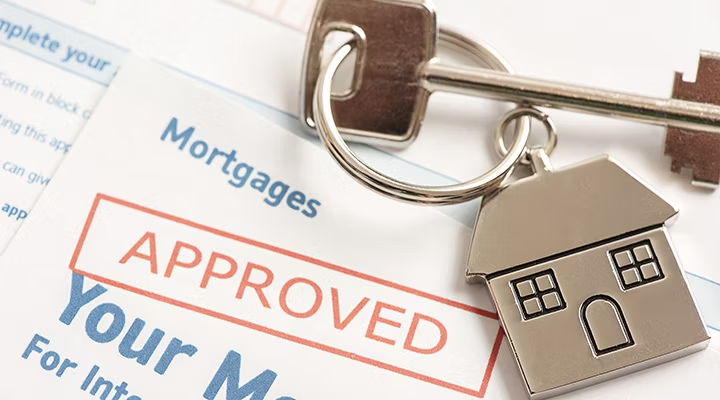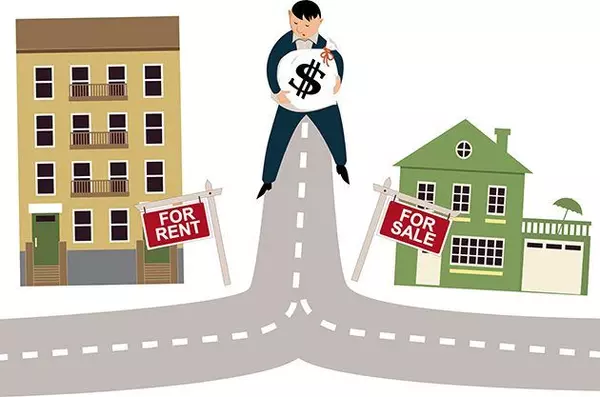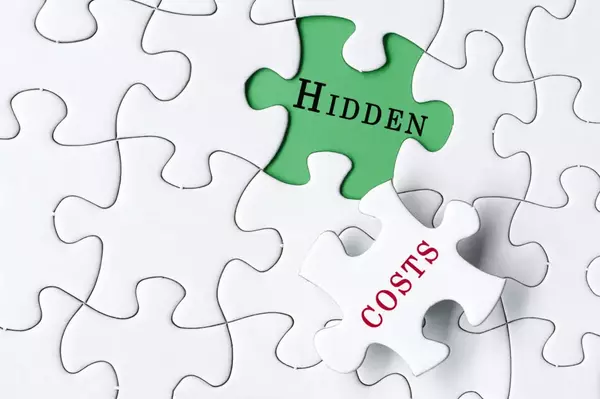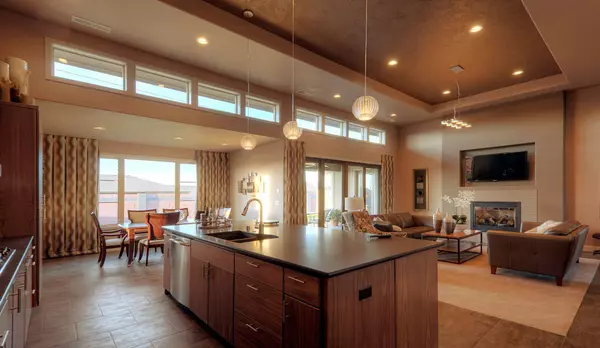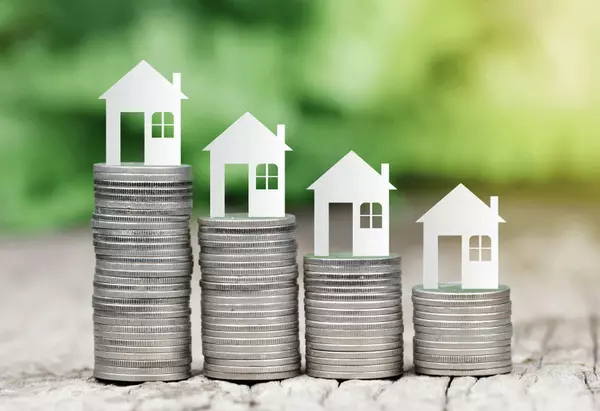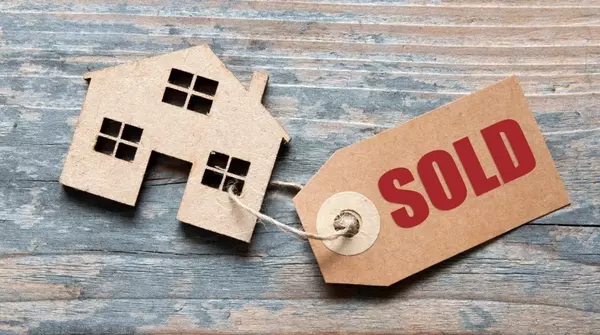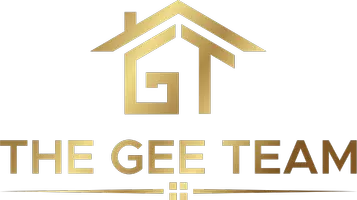The Hidden Costs of Buying a Home You Might Not Expect
When you're on the hunt for your dream home, it's easy to get caught up in the excitement of finding the perfect property. However, many prospective buyers overlook the hidden costs that come with purchasing a home. Beyond the sticker price, there are several additional expenses that can catch you off guard if you're not prepared. Here's a breakdown of some of these hidden costs and how they can impact your budget.
Mortgage-Related Expenses
Most buyers are aware that securing a mortgage involves more than just repaying the loan amount. However, the associated costs can sometimes be underestimated. First, there's the down payment, which typically ranges from 3% to 20% of the home's purchase price depending on your loan type and credit score. Then, you have mortgage insurance if your down payment is less than 20%. This insurance protects the lender but adds to your monthly payments.
Additionally, there are origination fees, which cover the lender's administrative costs and can range from 0.5% to 1% of the loan amount. Don't forget about appraisal fees either; lenders require an appraisal to ensure the property's value matches the loan amount, and this can cost several hundred dollars.
Closing Costs
Closing costs are another significant expense that often surprises first-time homebuyers. These fees typically range from 2% to 5% of the purchase price and include a variety of charges such as title insurance, attorney fees, escrow fees, and recording fees. Title insurance protects you against any legal claims against your property in the future, while attorney fees cover legal consultations and document preparations.
Escrow fees are paid to a third party who handles all closing documents and funds during the transaction process. Recording fees go to local government offices for officially recording your property purchase.
Inspection Fees
Before finalizing your home purchase, it's crucial to have various inspections done to ensure you're making a sound investment. A general home inspection will check for structural issues and major repairs needed for systems like plumbing and electrical. This inspection alone can cost between $300 and $500.
Depending on your location and property type, you might also need specialized inspections for pests, radon levels, or septic systems. Each of these additional inspections comes with its own set of fees that can add up quickly.
Moving Expenses
Once you've closed on your new home, you'll need to consider moving expenses. Hiring professional movers can be costly, especially if you're relocating long-distance or have a large amount of belongings. Even if you opt for a DIY move using rented trucks or vans, you'll still incur costs for fuel, packing materials, and possibly storage units if there's any gap between moving out of your old place and into your new one.
Lifestyle Adjustments
Finally, think about how moving into a new home might impact your lifestyle expenses. For instance, if you're moving from an apartment to a single-family home with a yard, you'll likely incur additional costs for lawn care equipment or services. Similarly, utility bills may increase if you're upgrading to a larger space or an older home with less energy-efficient features.
Also consider potential changes in commuting expenses if you're moving farther away from work or school. These lifestyle adjustments may seem minor at first but can add up over time.
Conclusion
Buying a home is one of the most significant financial decisions you'll make in your lifetime. While it's easy to focus on the sale price alone, being aware of these hidden costs will help you budget more effectively and avoid unpleasant surprises down the road. By factoring in mortgage-related expenses, closing costs, inspection fees, moving expenses, and lifestyle adjustments, you'll be better prepared for the true cost of homeownership.
Categories
Recent Posts
